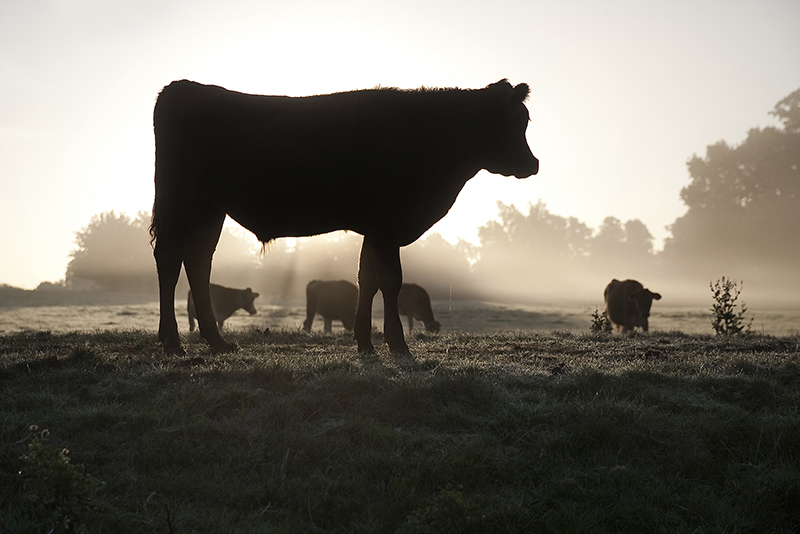-
-
-
FNBO
Commercial BankingJun 01 2018
-

Workforce Shortage in the Heartland – Encouraging Younger Generations to Enter Agriculture
Agriculture is evolving at a fast pace and new technologies are changing the way we operate our farms and our businesses. Despite these exciting times, it’s difficult to find workers or young professionals who are considering entering the industry.
One of the key reasons it’s hard to find talent is rural America’s shrinking population. More than 700 rural counties have lost 10 percent or more of their population, and each year there are more deaths than births in rural counties. Younger generations want to leave the small towns they grew up in and go live in the big city to attend college or be close to employment opportunities. This trend has pulled some talented workers away from small communities and put family farms that have been handed down from generation to generation at risk.
A study by the group New American Economy estimated that the workforce shortage cost $3.3 billion in GDP growth in 2012 alone. Even though the workforce shortage is an issue that affects us all, there is a lack of awareness outside of the agriculture community. In First National Bank of Omaha’s State of Midwest Agribusiness survey, 36 percent of participants were unaware of the workforce shortage. The lack of labor has consequences not just for small communities, but for all of us. For example, it causes food waste at a time when our global population is at its peak. Without enough workers, farmers have to scale back production and lose out on potential profits.
Even though it sounds bleak, there are a variety of solutions the agriculture industry is implementing to solve the problem. Farmers are beginning to use technology to help bridge the gap and automate processes. For example, a robotic machine is being developed to pick strawberries, which could change the way fruit is harvested. The use of technology can reduce the number of workers needed, increasing wages. However, the growing use of advanced technology is creating a need for workers who understand tech and the benefits it brings.
To find labor, some go about it the old-fashioned way by reaching out in the community but many farming operations employ different hiring tactics like guest worker programs, part-time workers and student workers. For farmers who can’t find local labor, the federal H-2A program, which enables farm employers to recruit foreign nationals to the U.S. for temporary work, may be a solution. However, one chief complaint of this program is the complex paperwork involved.
A long-term solution to the problem is sharing the benefits of working in agriculture with future generations. Agriculture is rewarding work and it’s important for us to share with young adults the benefits of a career in agribusiness. Of those who work or are planning to work in agribusiness, money and financial stability are leading reasons for them to work in the industry, followed by passion and continuing the family business.
Young professionals may not know it, but agribusiness offers a diverse career selection. Students who think of agriculture likely picture a farmer in a field, and while that role is important, there are many other jobs that require different levels of skills and education. For example, careers in ag may involve data analytics, robotics, animal sciences, sales and marketing and more.
College programs, extracurricular activities and job shadowing provide young professionals with first-hand experience in agriculture and may open their eyes to career paths they didn’t know were available. For example, organizations like the National FFA Organization work to prepare today’s youth for tomorrow’s agricultural challenges through education.
If you work in the industry or own an agribusiness, I encourage you to reach out to students or young professionals in your community who are interested in agriculture. Offering an internship, serving as a mentor or getting involved in your local FFA chapter is a great way to get involved in your community and make a positive impact in the future of ag.
First National Bank is proud to have been serving agribusiness since 1857. Our knowledge and experience allow us to offer the most innovative agribusiness and finance solutions available, whether your business is beef, pork, grain, ag-supply, processing or any other facet of the industry. Learn more about our agribusiness financing services.
The articles in this blog are for informational purposes only and not intended to provide specific advice or recommendations. When making decisions about your financial situation, consult a financial professional for advice. Articles are not regularly updated, and information may become outdated.